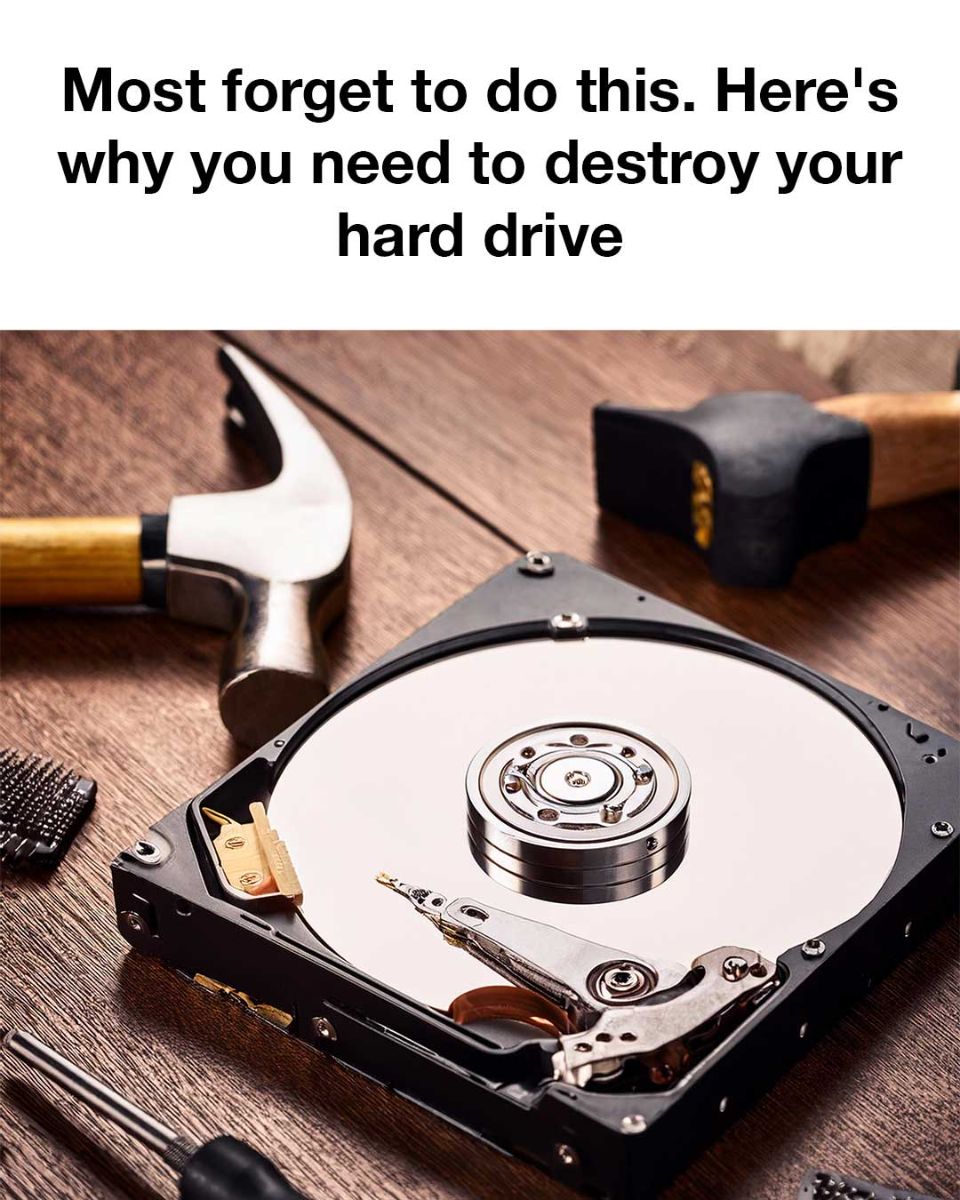ADVERTISEMENT
In the age of increasing digital storage and privacy concerns, hard drives are treasure troves of sensitive information. Whether it’s a personal computer, a business device, or an external drive, these gadgets store much more than just files. They carry your personal data, financial records, passwords, and much more. Unfortunately, many people forget an essential step when getting rid of old devices: properly destroying their hard drives.
This article covers why you must destroy your hard drive before disposal and outlines effective methods to do it.
Why You Need to Destroy Your Hard Drive:
1. Data Remains Even After Deletion
Most people think deleting files or even reformatting a hard drive wipes it clean, but that’s far from true. When you delete files from your system or empty the recycle bin, the data is still present on the hard drive. Only the file’s reference in the operating system is removed, leaving the actual data intact until it’s overwritten.
In the hands of a skilled individual, data recovery tools can easily retrieve this “deleted” information. Reformatting the hard drive, though it seems comprehensive, also leaves large traces of recoverable data.
2. Cybersecurity Threats
Improperly discarded hard drives can be a goldmine for cybercriminals. Old hard drives could have login credentials, sensitive documents, personal pictures, and financial details. In some cases, this could lead to identity theft, financial fraud, or even blackmail. It’s not just individual consumers at risk; businesses face even greater threats if proprietary or customer data falls into the wrong hands.
A growing number of data breaches occur because improperly disposed hard drives were retrieved by hackers, resold, or even scavenged from recycling facilities. Once the hard drive is in someone else’s hands, recovering data is often a simple process.
3. Regulatory Requirements
For businesses, especially those in sectors like healthcare or finance, data protection laws like GDPR, HIPAA, and others mandate the proper disposal of hard drives that contain personal information. Violating these regulations can result in fines, legal action, and irreparable reputational damage. Properly destroying hard drives ensures compliance with these standards and protects both your business and your clients.
Continued on the next page …..
ADVERTISEMENT
